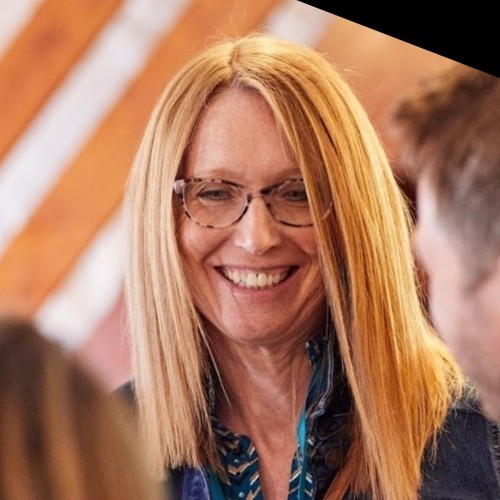Over the past few weeks, I have been feeling as if I am getting nowhere fast, not getting things done that I needed to, and at the end of each day feeling tired, frustrated and a bit of a failure, if I’m honest. I felt as if I had lost my ‘mojo’ a bit!
Extrovert or Introvert?
Don’t get me wrong, our business is doing well, I love my job in recruitment, and all the fundamentals have got my full attention, but other projects, networking and some of my planning have gone out of the window for some reason! I put it down to a lot going on at home at the moment, then, a couple of weeks ago, at a fabulous women’s networking meeting I have been part of for many years, the presenter talked to us about energy, and a pair of psychological preferences called Extroversion and Introversion. If you have heard of the Myers Brigg Type Indicator, then you may already know what I am talking about.
Now I learnt that I am introvert in type, which doesn’t mean that I am shy or reclusive; in fact, I enjoy presenting to large groups and guest speaking, but it does influence where I get and how I use my energy.
Let me explain!
In psychology, Extroversion and Introversion explain different attitudes people use to direct their energy. We all have times when we are more introverted than extroverted and vice versa.
If you are naturally extroverted, your energy builds as your day progresses and as you start interacting with others. Attending events or meetings and having a lot of different activities going on helps your energy levels rise. You love meeting people, being right at the heart of what’s going on and talking about your ideas as they come into your head. Introverts, on the other hand, get their energy from being alone with their ideas or being with just one or two people, and start the day full of energy after a restful, thoughtful evening. As the day goes on, they start to use up their energy as they work with larger groups, attend meetings and get involved in activities such as networking or even enjoying social events. By the end of the day, they are spent, whilst the extroverts amongst us are ready to carry on the party!
Knowing this explained a lot! So, I have been making some changes to ensure my energy stays high throughout the day and that I fully recharge before the start of the next one.
Self-Reflection
Knowing what drains your energy is key, so think about a day that went well, one where your energy lasted all day. Keeping a journal can help to remember those sorts of days and also pinpoint any weaknesses – times where your energy was zapped much sooner than you wanted it to be. I am a morning person, there is no doubt about that, and so for me, scheduling meetings and networking for the morning whenever possible has made a big difference. I have got back to my normal habit of planning ahead – writing a list is no bad thing – I love lists!
Having “recharge” time built into my diary has also really helped. If I have a really full day planned, for example, a day conference, or a whole morning of networking, making sure I have prepared and have some relevant things in my mind to talk about stops me having to do as much on the spot thinking – something that as an introvert type drains my energy quickly. I also make sure I get out for a walk in the fresh air during the day, even if it’s for ten minutes or so. That gives me time to recharge my batteries a little. I also resist the urge to work late into the evening. It’s easy to try and catch up on things you might ordinarily be doing back at the office, but plan for that and build those tasks into your schedule for another day.

Some Tips for Extroverts
In meetings and at networking events, make sure you listen to others. Try and assess people’s communication style so that you can adapt and tone down your natural extraverted approach as needed. Speak to people one at a time if you can so that you can focus on the person who is speaking to you, and try to avoid interrupting. Use your personality to get to know people and engage quieter introverts. Understand that some people need to think and reflect on things, and allowing comfortable pauses will give people time to respond.
Remember, there is no right or wrong – some of us are just more Extrovert or Introvert, and to perform at your best it’s about recognising which one you are and getting back in control of how you fill up with energy and the way that you expend it.

Lynne is Managing Director of Personnel Placements and has been recruiting in Salisbury and the surrounding area for over 15 years. PP as it is affectionately known within the local business community is a generalist Agency that has been supporting local companies with their recruitment and HR for over 30 years. They are also an active member of TEAM – The Employment Agents Movement – which enables them to source candidates from all over the UK.
Share this!


